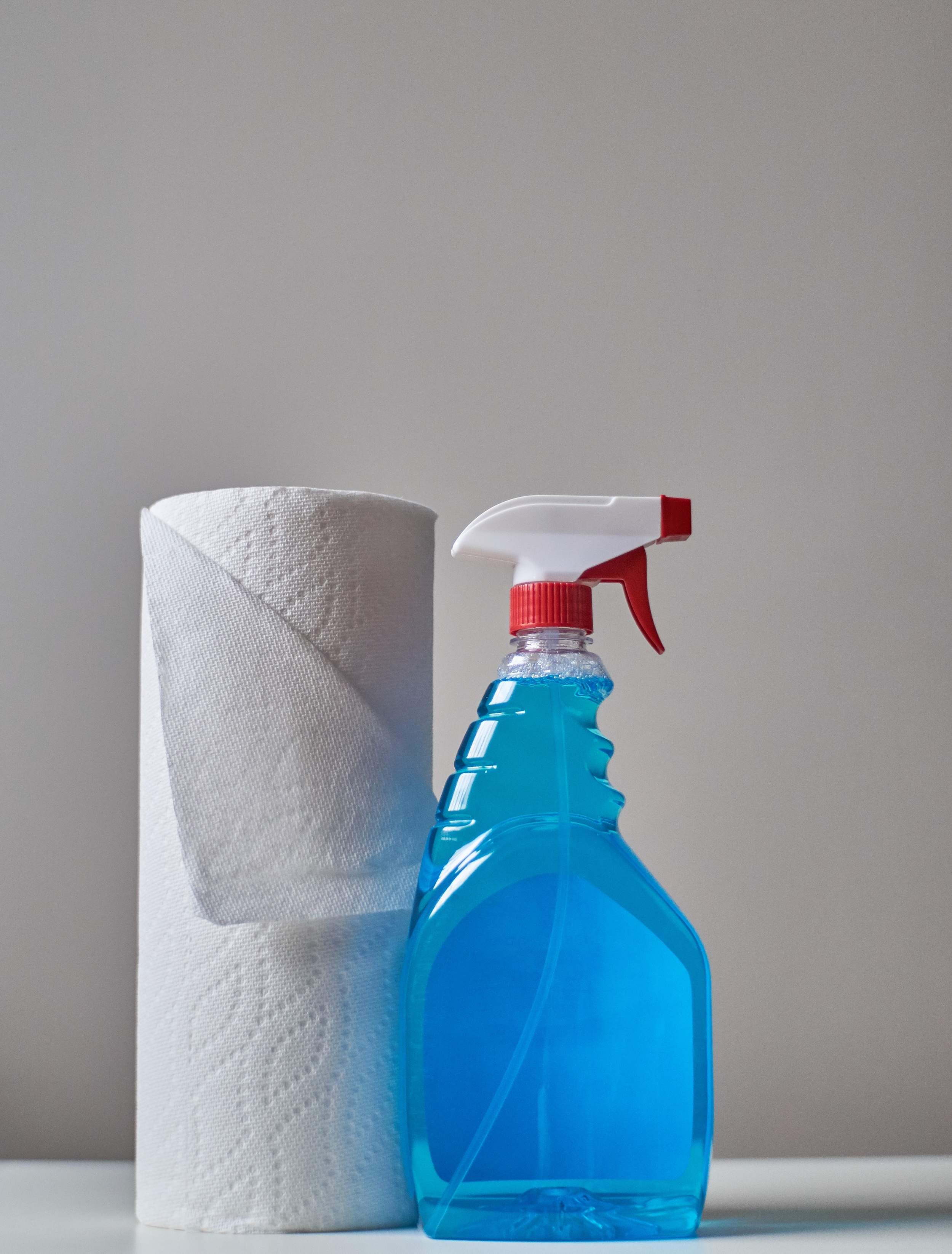11 Dangerous Chemicals You’re Likely Using Everyday
Crystal de Passillé-Chabot
With 82,000 mostly unregulated chemicals in our food, water, personal care, cleaning products and environment, it’s vital that we limit our exposure to these dangerous chemicals. Here are some of the top 11 toxic ingredients to avoid at all costs.
Phthalates
Phthalates can directly affect brain function and development, and are widely used in hair products, lipstick, moisturizers and more. A study by Columbia University tested phthalate levels in 328 pregnant women, showing that after 7 years, the children whose mothers originally tested highest had significantly lower IQs (approximately 7 points).
Glyphosate
Glyphosate is of extreme concern in our food supply due its affect on our mitochondria, hormones and gut bacteria. Furthermore, California has recently added it to the list of cancer-causing chemicals. In addition to our food supply, GM cotton is highly sprayed with glyphosate. Feminine care products, primarily made of this cotton, contain harmful dioxins, synthetic fibres, fragrances and petrochemicals, so opt for organic products or menstrual cups.
Bisphenol-A (BPA)
Research has shown that BPA and substitutes, such as BPS and BPF are powerful hormone-disrupters which mimic estrogen. They’re found in plastic water bottles, food containers and receipts. BPA is unable to breakdown safely in the body, can contribute to weight gain and cross the placental barrier during pregnancy, increasing infant toxicity.
Fluoride
Fluoride has the potential to damage the brain, endocrine system, bones and even teeth according to the National Research Council. Apart from toothpaste, fluoride is present in drinking water and is absorbed in large quantities through our skin when we shower.
Dioxins
Dioxins, found in facial and toilet tissues, cotton balls and feminine products, are of high concern for endocrine disruption and organ toxicity as per the EWG. They are classified as a “known carcinogen” by the International Agency for Research on Cancer and as a “probable carcinogen” on California’s Proposition 65. Additionally, the WHO states that dioxins damage the immune and nervous systems.
Triclosan
Triclosan is a preservative and anti-bacterial agent in soap, laundry detergent, toothpaste and mouthwash. It is classified as an irritant to humans and as being very toxic to aquatic organisms by the European Union. Health Canada also claims it to be potentially toxic, bioaccumulative and the Canadian Medical Association has called a ban on some anti-bacterial products due to their possible contribution to antibiotic-resistant bacteria.
Parabens
According to the David Suzuki Foundation, it’s estimated that 75-90% of cosmetics contain these estrogen-mimicking preservatives. Parabens easily pass through the skin, have potential links to breast cancer, are endocrine-disrupters, and cause DNA damage, increasing aging.
Fragrance
Love that “clean laundry” smell? Over 3,000 mostly unregulated chemicals can be listed as “fragrance” and can trigger allergies, asthma and headaches. Specific chemicals classified as “fragrance” have also been associated with cancer and neurological issues.
Sodium Laureth Sulfate
According to the EWG, sodium laureth/lauryl sulfate is classified as “expected to be toxic or harmful” with concern of organ system toxicity and irritation. This foaming agent is present is shampoos, hand and dish soaps and laundry detergents. SLS may also be contaminated with known carcinogen, ethylene oxide.
BHA & BHT
Though the National Toxicology Program qualifies BHA as “reasonably anticipated to be a human carcinogen” and banned in Europe, it’s currently unrestricted in Canada in a variety of cosmetics and food.
Coal Tar
Coal Tar, derived from petroleum, is classified as a “known human carcinogen” by the EPA, with links to cancer, organ toxicity and allergies. Though some coal tar dyes are banned from use in cosmetics in Canada, many are still used in products like eye make up, lipstick, lotion, shampoo and hair dyes.
For more information consult the EWG’s Skin Deep Cosmetics Database!
Asher Kleiber
Registered Holistic Nutritionist™

